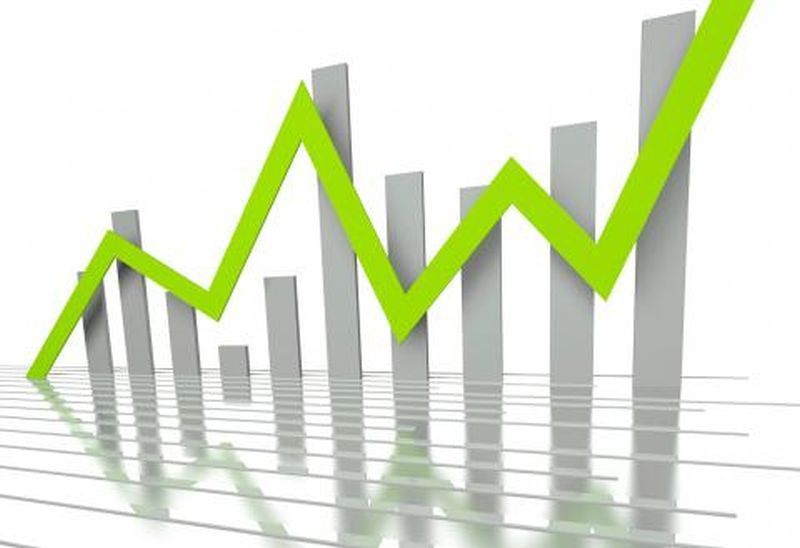7 risks of investing in stock market
Investing in the stock market requires a clear understanding of the potential riks. Therefore, in this blog post, we’ll indicate 7 essential risks related to stock investing and the ways that how to deal with them in order to create a profitable stock portfolio.
1. Volatility in markets: Volatility in the stock market is one of the biggest inherent risks of stock investing. Stock prices fluctuate frequently as a result of a number of factors, such as prevailing economic conditions, geopolitical developments, corporate earnings reports, and investor sentiment. Large gains or losses can result from these sudden, significant fluctuations.
2. Stock-related risk: Individual stock investing involves a unique set of dangers. If you invest all of your money in one or a small number of stocks, as opposed to a diversified portfolio, you run the risk of having the performance of one company have an impact on your entire investment. A stock’s value can drastically decline as a result of factors like poor management choices, declining, or abrupt industry shifts, which can lead to significant losses.
3. Systematic risk: Market risk, also referred to as systematic risk, is defined as the overall risks seen in the entire market.These risks are out of the investor’s control and can impact all investments, regardless of how diversified they are. This category of risk includes occurrences like global economic downturns, inflation, interest rate changes, or political instability.
4. Unsystematic risks: Sector-specific or stock-specific unsystematic risk is unique. It is brought on by internal company issues like management changes, legal troubles, or product recalls. Since individual stock fluctuations might not have a big impact on the overall portfolio, diversification across different industries and sectors can help reduce unsystematic risk.
5. Absence of information: Without sufficient research, investing can result in ill-informed decisions and significant losses. Neglecting to take into account a company’s fundamentals, its competitive environment, or its long-term growth prospects can be harmful. Making wise decisions requires extensive research and knowledge of the stocks you’re investing in.
6. Market timing: It’s risky to try to time the market by deciding when to buy or sell stocks based on transient market changes. To consistently time the market correctly is difficult, even for seasoned investors. It is nearly impossible to determine the best entry and exit points in the market due to its unpredictability, which could lead to missed opportunities and losses.
7. Emotion-related decisions: The results of investments can be greatly impacted by emotional decision-making. Greed and fear are two emotions that frequently cause investors to make rash decisions, like holding onto a declining stock in the hopes that it will turn around or selling a winning stock too soon to lock in profits. Emotional biases can be lessened by maintaining discipline and following a well-thought-out investment strategy.
Conclusion
All these risks should be considered during the investing in stock market. Long-term wealth creation can be accelerated by stock investing, but risks should not be understated. Above risks can be reduced and a cushion can be provided during difficult market conditions with a well-diversified portfolio across various asset classes and industries.




